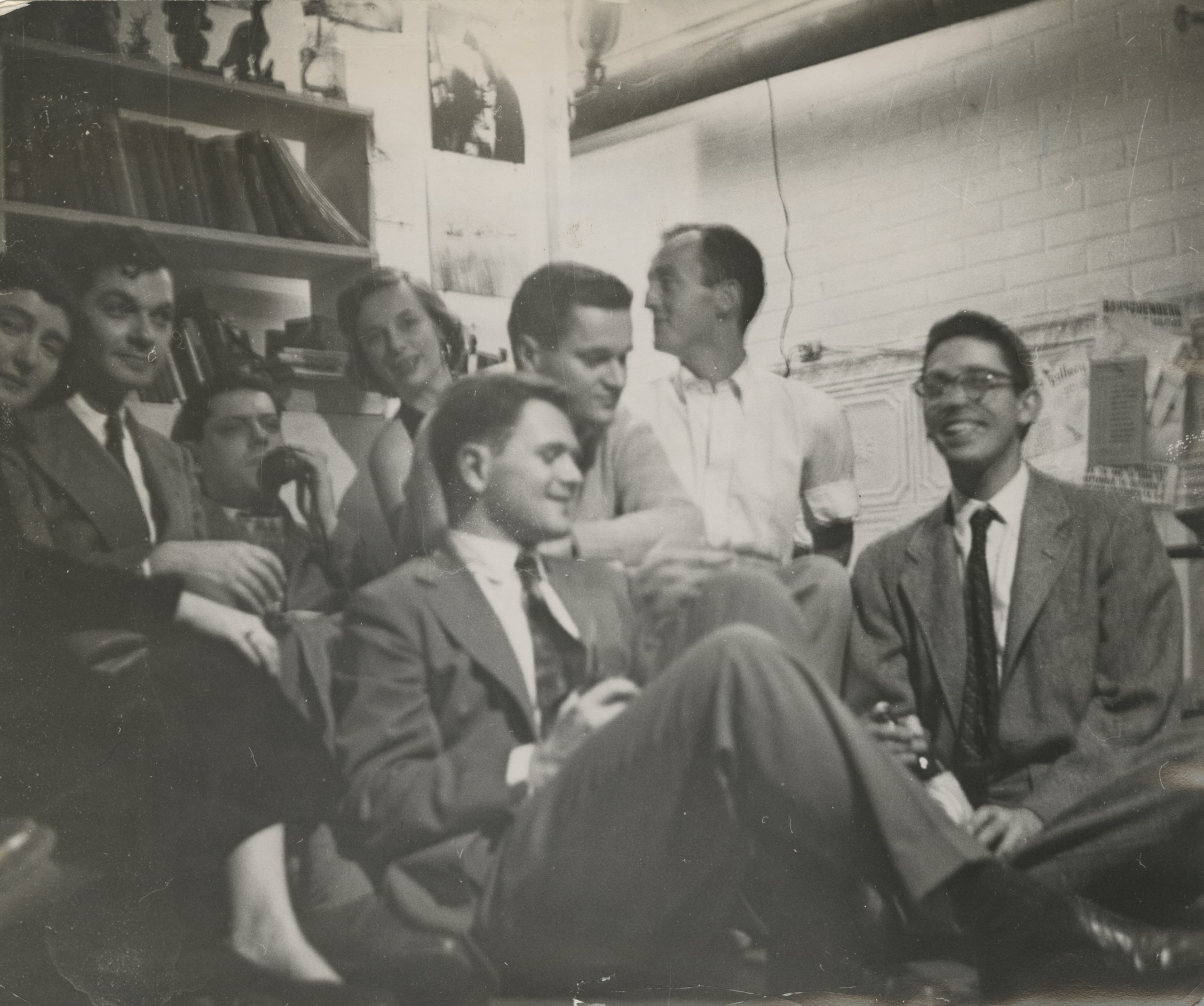Zackary Kiebach
Peer Reviewed Articles
“A list that reflects the world”: An Interview with Peter Blackstock
Peter Blackstock has made a reputation for being the only one to say yes. He acquired Viet Thanh Nguyen’s The Sympathizer after 13 other publishers rejected it. The novel went on to win…
“Escríbelo como si me lo estuvieras contando”: How a Mojado Writes a Cross-Border, Cross-Linguistic Narrative
The words in my title — Escríbelo como si me lo estuvieras contando (“write it as if you were telling it to me”) — were spoken by Dick Reavis, a white…
“Amazing Connection and Blazing”: The 1970s and 1980s Lesbian-Feminist Editorial Practices of Out & Out Books, Diana Press, and Aunt Lute Press
“The women’s presses keep the book in print until it finds its audience; Daughters, Inc. has gone back to press (sold out the first 3,000 copies) on every one of…
Feminist Poetry & Editorial Labor at Amazon Quarterly, Chrysalis, and Sinister Wisdom
Editorial labor was a crucial — but often overlooked — aspect of creating not only the body of work we now recognize as feminist poetry (and its varied lineages) but…
“The Most Sympathetic Reader You Can Imagine”: William Maxwell’s New Yorker and the Midcentury Short Story
William Maxwell is perhaps the most significant and least studied of midcentury American literary editors. This conjunction of literary impact and scholarly neglect tells us something about the constitutional reserve…

“It’s Only Vanity if It’s Not Good”: Daisy Aldan and Women Midcentury Small Press Publishers
“Well, if you’re a woman you put yourself somewhere near the beginning & then there’s this other place where you put yourself in terms of everybody” Alice Notley, Doctor Williams’ Heiresses…
The Chevalier and the Commahunter: Norman Holmes Pearson Edits Modernism
I would start out this essay with “Norman Holmes Pearson is best known as…,” but Norman Holmes Pearson isn’t particularly well-known as anything. For scholars of twentieth-century American literature, he surfaces…
Writer Conscious: Katharine S. White, Mary McCarthy, and Editing as Intimacy at The New Yorker
In a closely argued three-page letter in 1946, Mary McCarthy flatly rejected New Yorker editor Katharine S. White’s revisions to her latest submission. “I’m afraid that the new manuscript strikes a chill…
The Third Eye: Editorial Visions of the Draft Text
In a 1993 Paris Review interview, Toni Morrison identifies the value of editing: “Good editors are really the third eye. Cool. Dispassionate. They don’t love you or your work; for me that…
